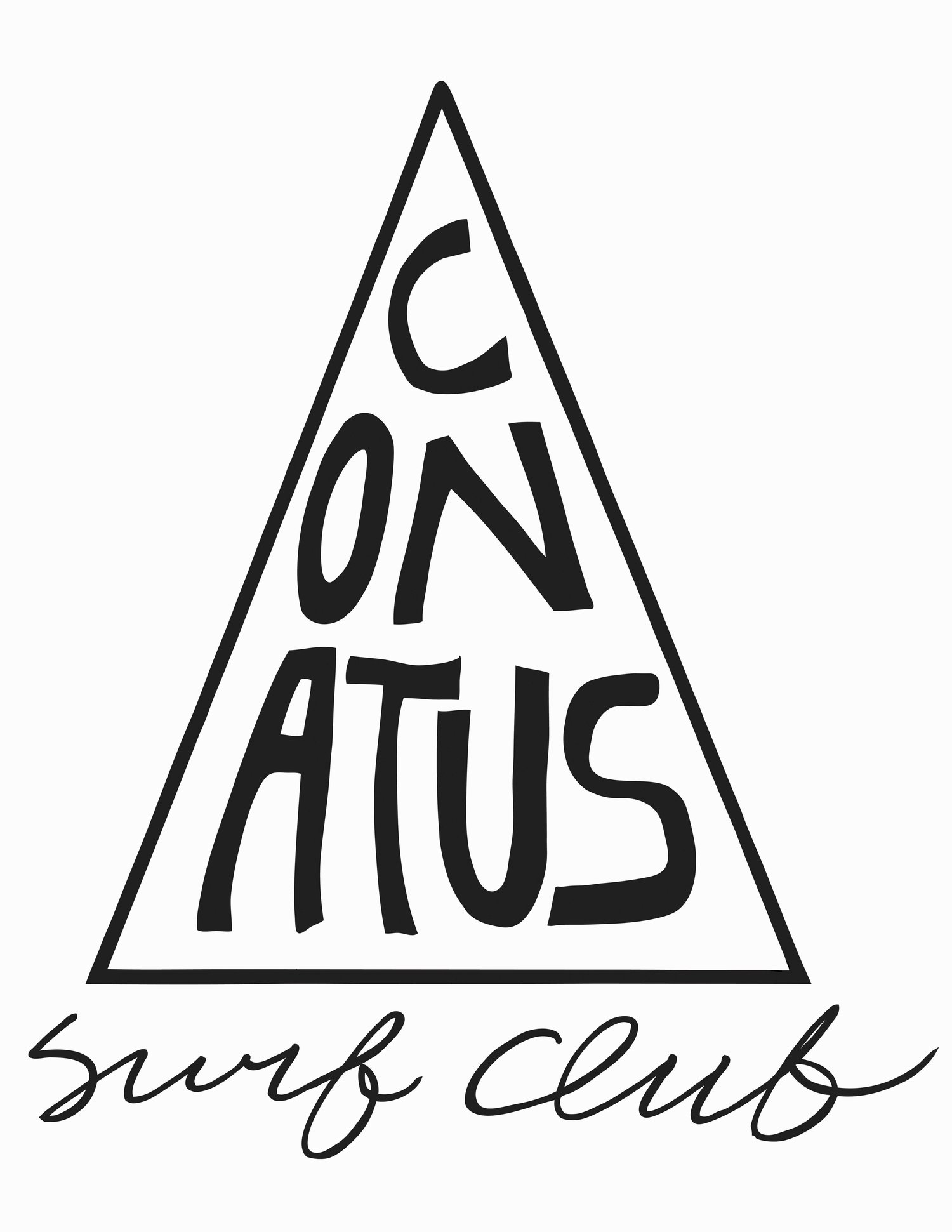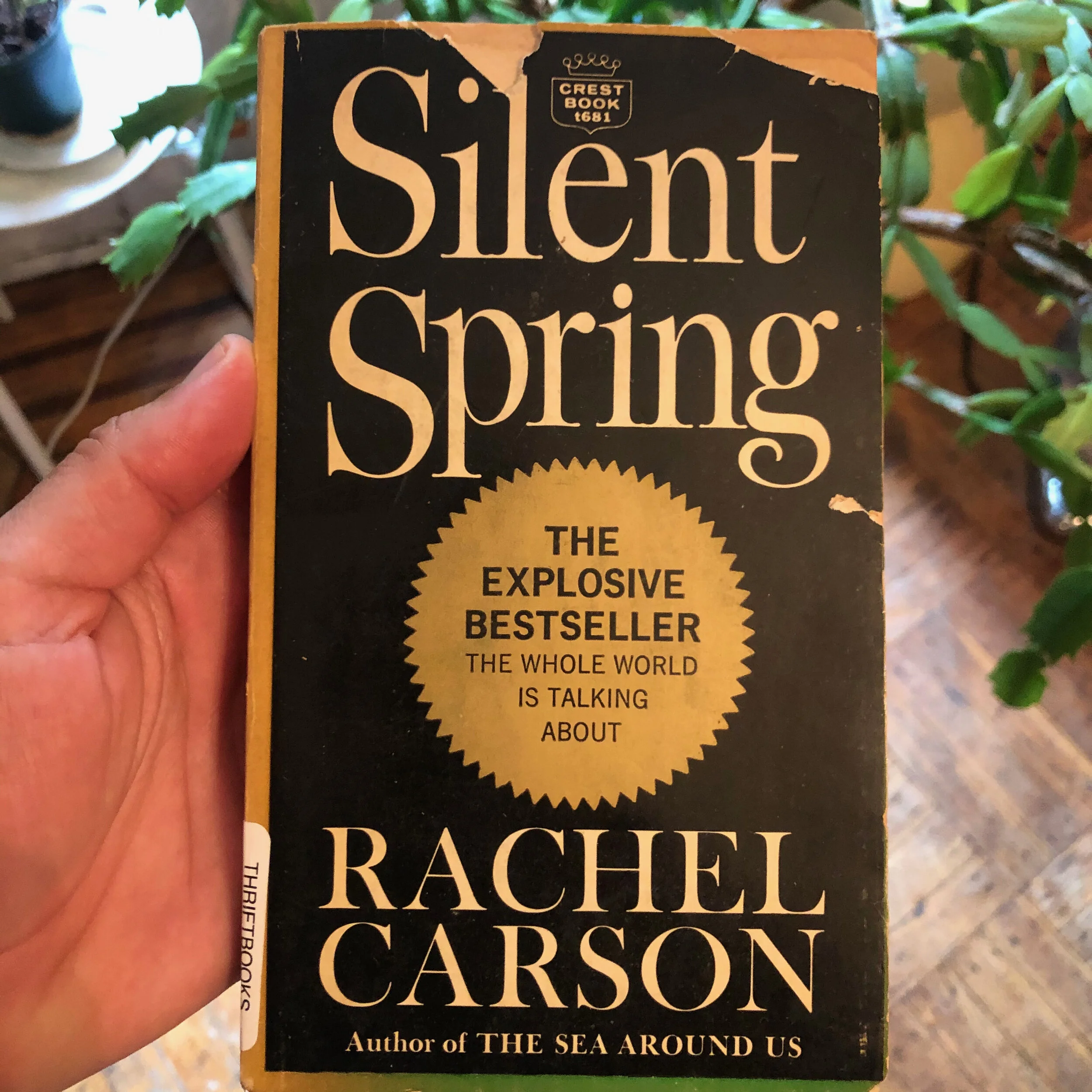Welp writing to you from another critical moment in human history. We’re still in a pandemic, but now we also have a new and much needed cultural revolution on our doorsteps, sparked by the public murder of George Floyd by the hands (and knees) of Minneapolis police officers. I stand with the protestors and the Black Lives Matter movement, but I also stand for Mother Earth, women of every shade, Native Americans and other indigenous and colonized peoples, immigrants, and all the poor and oppressed, in whatever forms their oppression takes — in this I count the spiritually oppressed who may have lots of material means but suffer radically from hardness of heart and clouded vision.
It may seem like a funny segue to talk about some books that I have recently acquired in my surf studies library, but there are a few crucial links. You would think that somebody that surfs so much and cares so much about surfing and has this business based upon surfing education would already have had all these books in his library and would have read through all of them already. I have read a few of them by now, like the above, Waves of Resistance by Isaiah Helekunihi Walker, but a great deal of this stack I have yet to get through completely. Why has it taken me so long to start collecting a surfing library? It’s interesting story, and one that bears on our current moment.
I have realized that I have been defending against surfing and liking surfing for a long time based upon the bad things in the culture I witnessed and experienced growing up in surf culture and have wanted to distance myself from. I watched active and violent racism, misogyny, and xenophobia play out at my local beach. I have seen a surfer whose nickname was ‘White Pride Rich’ kick out his surfboard at black surfer Gary Crocraw. I have heard surfers call one another homophobic slurs and myself have been called a ‘fag’ in a San Francisco lineup, of all places. I have seen surfers throw sticks at Mexican families at the beach where I grew up. I have heard surfers use the ‘n-word’, and words like ‘wetback’ and ‘spic’ as a part of common parlance. I have watched a woman get called ‘cunt’ to her face in the water. I have also not always been an innocent bystander in this culture. Like all young people, I was impressionable and looked up to the guys who were mentoring my fledgling surfing practice. I yelled at people in the water and told them to “Go back to Santa Cruz.”
I also consumed everything I could get my hands on about surf culture. I wanted to signal to everyone that I was a surfer. I wore surf clothing and watched zillions of surf videos a week. I read as many books about surfing that I possibly could. I read every surfing magazine that hit news stands. I was obsessed. But as I started to mature and travel and experience the other side of localism, I began to have misgivings about what I viewed to be the bad parts of the culture. And so in my mid 20s, instead of performing a holistic critique of surfing culture and my role in it, I simply and hastily decided to eschew consuming as many surfing cultural products — books, magazines, videos, clothing, accessories — anything except the hard goods — surfboards, wax, wetsuits, leashes, board bags — that I possibly could. I didn’t just eschew it, but I actively got rid of everything that I already owned that signaled, “I surf.” I made sure I wore logo-less clothing and that there was nary a surfing magazine laying around my apartment. Instead I immersed myself in my studies of religion, philosophy, critical theory, and literature. I still surfed like a lunatic, but in a kind of defiant anti-surfing culture stance.
I say this original critique wasn’t holistic because instead of holding myself accountable for my own complicity in this culture, I simply repressed it and defended against it. If surfing culture had an ethics problem, I was not part of it, or I was going to distance myself from it. I was above it — I could surf and love surfing but do it without engaging in the culture. You can already see the flawed logic here. This is simply bad, unprocessed elitism. It is one of my greatest struggles as a person, one of my my nearest and dearest personality flaws. Even still, even as soon as last week, I got mad at how when I surf an extra amount in a given set of time, I end up feeling stupid or brain dead. I voiced as much in my last newsletter, but ultimately came around to the conclusion that I find myself coming to more often: surfing involves a lot of practical wisdom. If I surf 40 hours a week I have no one to blame but myself for brain cells that I’ve shed. I am also not spending those hours solely focused on my own practice, but am sharing my practical and theoretical know-how of surfing with others. My life’s work has become about creating and fostering an intentional and ethical surfing community.
These kinds of thoughts are more indicative of a holistic critique — a critique that takes into account my relationship to others, to the ways that I have been shaped for the good and the bad by various aspects of surfing culture, and to the fact that I am a better surfer, philosopher, and leader when I examine my traumas, defenses, repressions, and projections as they play out in my words, actions, and well, habits. Forming better habits is, after all, what ethics is all about. Furthermore, as a philosopher, as someone who loves wisdom, and therefore loves truth, I was disavowing a very simple truth about myself: surfing is foundational and central to my identity as a person. This doesn’t mean that I have to wear head-to-toe surf brands, but it also doesn’t mean that I need to be ashamed for wearing them either. At least not ashamed for the fact that they signal that I surf or that I endorse a brand formed in surfing culture. I may have other ethical issues with how that clothing is produced, and I do have a very strong stance about fashion ethics and hold all clothing companies accountable for their exploitative labor practices. It is sad that surfing brands have been on the wrong side of history in this regard more often than not. This thought is also indicative of a holistic critique of surfing culture. Critique is not a dirty word — it’s a hopeful word. Critique is the process of examination that helps us locate practices in our selves and in our institutions that are more and less just, more and less true. It helps us highlight what is worth holding onto and nourishing — like the joy we get when we share waves with our fellow surfing brothers and sisters — and what we need to work to discard or reshape.
Part of the process of my own critique of surfing has been first to embark on this project of writing my philosophy dissertation on surfing (rather than on fashion). In so doing I have had to rebuild my surfing library. How can I have a truly critical attitude and approach to myself and to the culture I’m most active in if I turn my eyes away from the stories others have told about it? The project is coming along well and I hope to be done soon.
Something else that has become evident due to Covid-induced shifts in doing business, is that I can mobilize my love and knowledge of surfing with others not just in the water physically coaching, but also through seminars on oceanography, etiquette, surfing history, and well, what I am starting to realize are ‘critical surf studies’, which is already an academic sub field in Australian universities. I am in the process of brainstorming what a full critical surfing education might look like, including getting better at the physical practice, and how, beyond writing books and blogs, I can make this vision come to fruition. I would love to found or participate in founding an institute where critical surfing theory and practice function hand in hand. I mean CSC is the beginning of this vision, of course. And we’re starting down this theoretical road now with the invention of our book club, which meets for the first time this coming Monday, June 8 to discuss the first two chapters of Tides: The Science and Spirit of the Ocean (2014) by Jonathan White.
Re-reading Tides has already shown me that caring critically about surfing doesn’t mean just caring about surfing culture — it means caring about the ocean and the planet more generally. A part of any critical surfing bibliography, therefore, should also include literature on climate change and ecology. Asking important questions about the relationships between people and people, people and the ocean, the ocean and the universe, and how all of this is connected, is truly inexhaustible, and that’s ok! Of course I’m also interested in these connections from a philosophical and larger scientific perspective, which is why in this future critical surf institute there will be classes on Spinoza, Plato, and Aristotle, as well as classes on subjects like quantum gravity and evolutionary biology. Education is the salvation of humanity. We never flourish more than when we examine self and world with others.
In that spirit, here are some books in my current critical surf studies rotation. I have been boycotting Amazon lately and a lot of these I recently got through Alibris.















